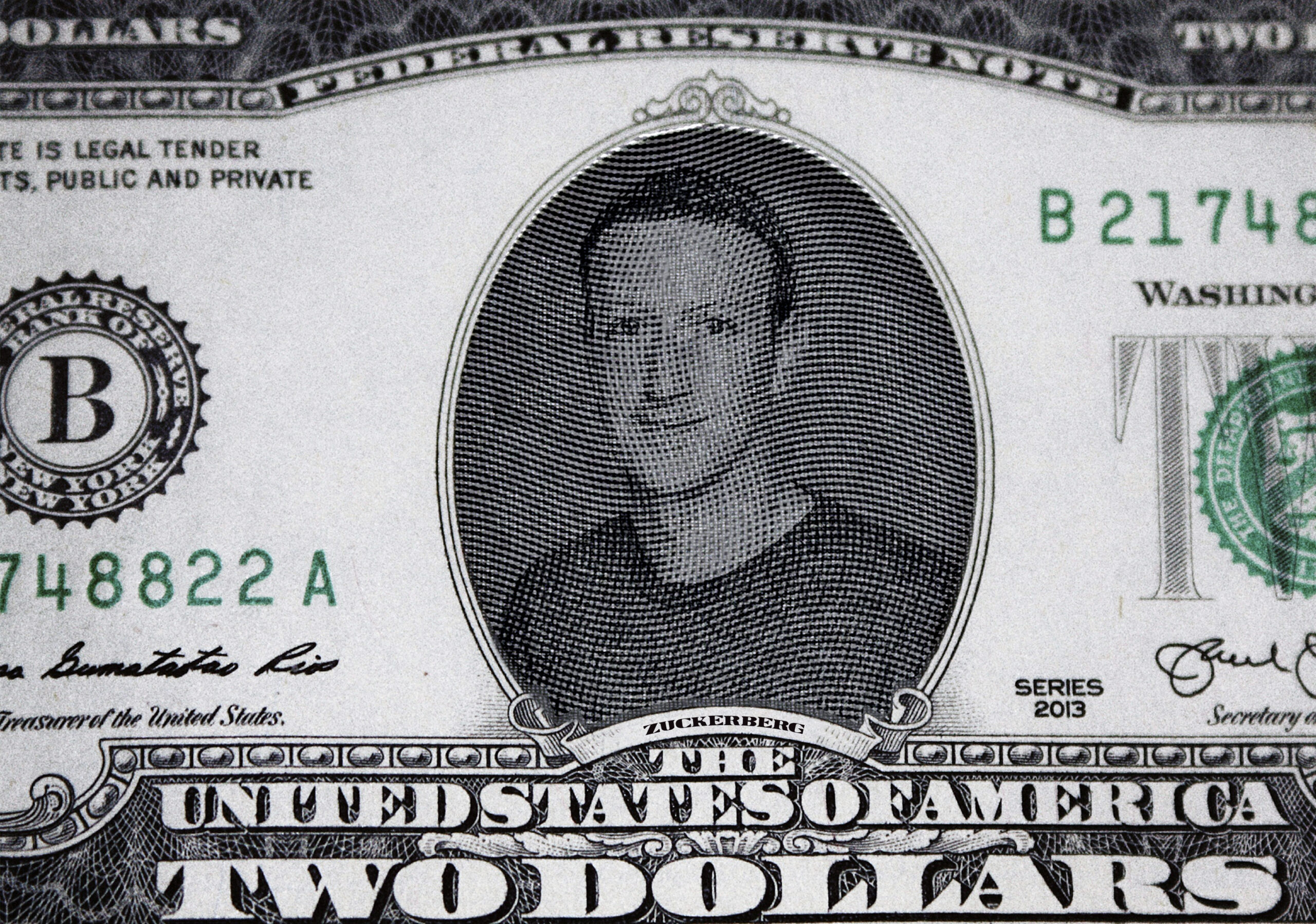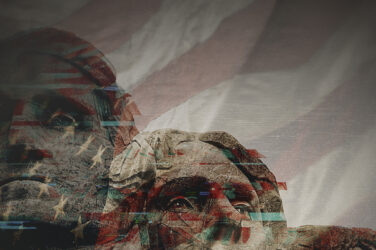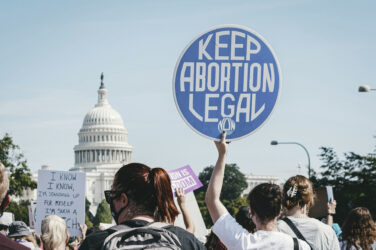Banning Private Funding for State and Local Elections: The Case Against Zuckerbucks
Introduction
The 2020 United States Presidential Election was marked by controversy surrounding the use of private funding for state and local election administration, known colloquially as "Zuckerbucks." This funding mechanism, created by Facebook CEO Mark Zuckerberg and his wife Priscilla Chan through their philanthropic organization, the Chan-Zuckerberg Initiative, raised concerns about the fairness and integrity of the democratic process. As a result, it is crucial to encourage states to ban private funding for state and local elections to ensure a fair and transparent electoral system.
The Case for Banning Private Funding
Zuckerbucks channeled millions of dollars to key battleground states, with a focus on funding election administration and infrastructure. This private funding was criticized for its potential to influence election outcomes by targeting resources to areas favorable to Zuckerberg's political preferences. Critics argued that this could lead to an uneven playing field and undermine the democratic process. Zuckerbucks was accused of being used to manipulate the 2020 election by providing resources to specific areas, rather than distributing funds evenly across the country. The fund's critics claimed that this allowed for targeted voter turnout efforts and increased the likelihood of certain candidates winning. The potential for manipulation led to increased scrutiny and calls for reform to protect the democratic process. In response to these concerns, some states passed laws to prohibit the use of Zuckerbucks in future elections. These measures aimed to prevent any potential manipulation and ensure a fair and transparent election process. States that have banned private funding for state and local elections include Arizona, Arkansas, Georgia, Idaho, Indiana, Kansas, Michigan, Missouri, New Hampshire, North Carolina, South Dakota, Tennessee, Texas, Utah, and Wisconsin.
Encouraging States to Ban Private Funding
It is essential to encourage other states to follow suit and ban private funding for state and local elections. This will help ensure a level playing field for all candidates and protect the integrity of the democratic process. By prohibiting private funding, states can prevent any potential manipulation and promote transparency in their election administration.
Conclusion
The use of Zuckerbucks in the 2020 US Presidential Election demonstrated the potential for private funding to influence election outcomes and undermine the democratic process. States must take action to ban private funding for state and local elections, ensuring a fair and transparent electoral system for all. By encouraging states to prohibit private funding, we can protect the integrity of our democracy and prevent any potential manipulation in future elections.










Show Comments